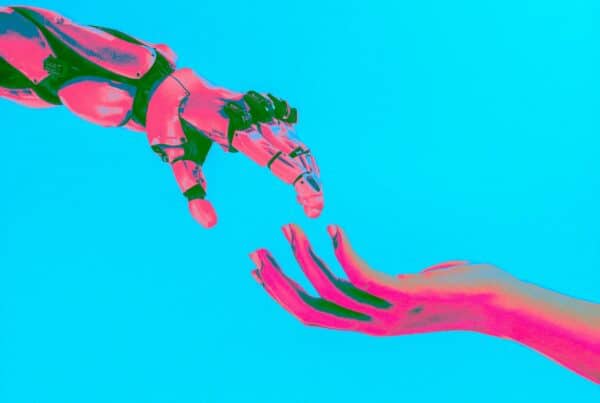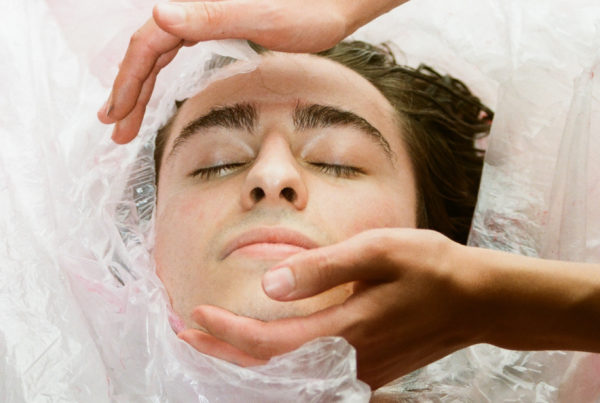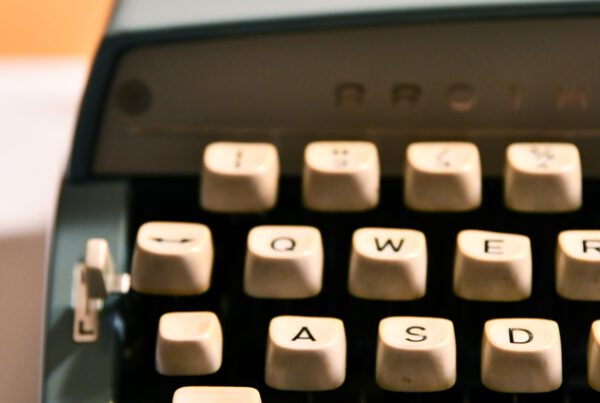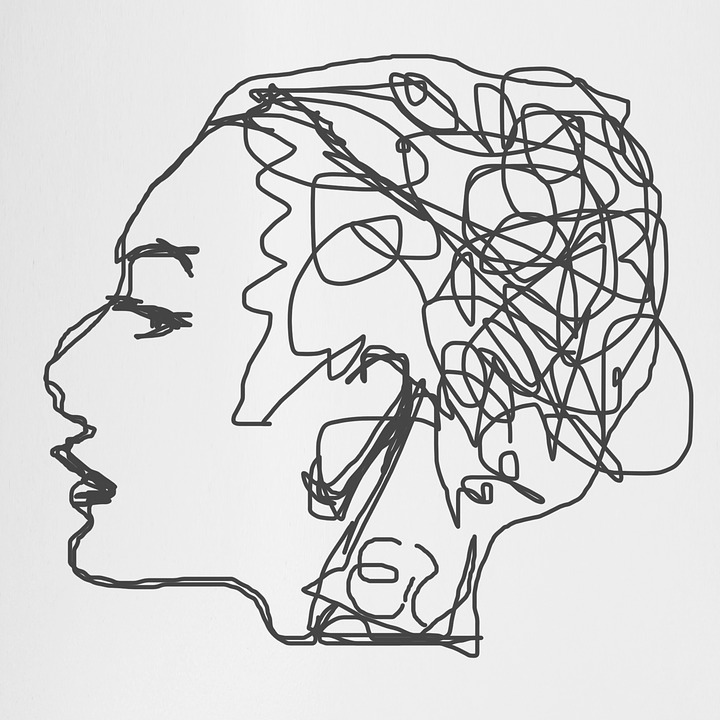
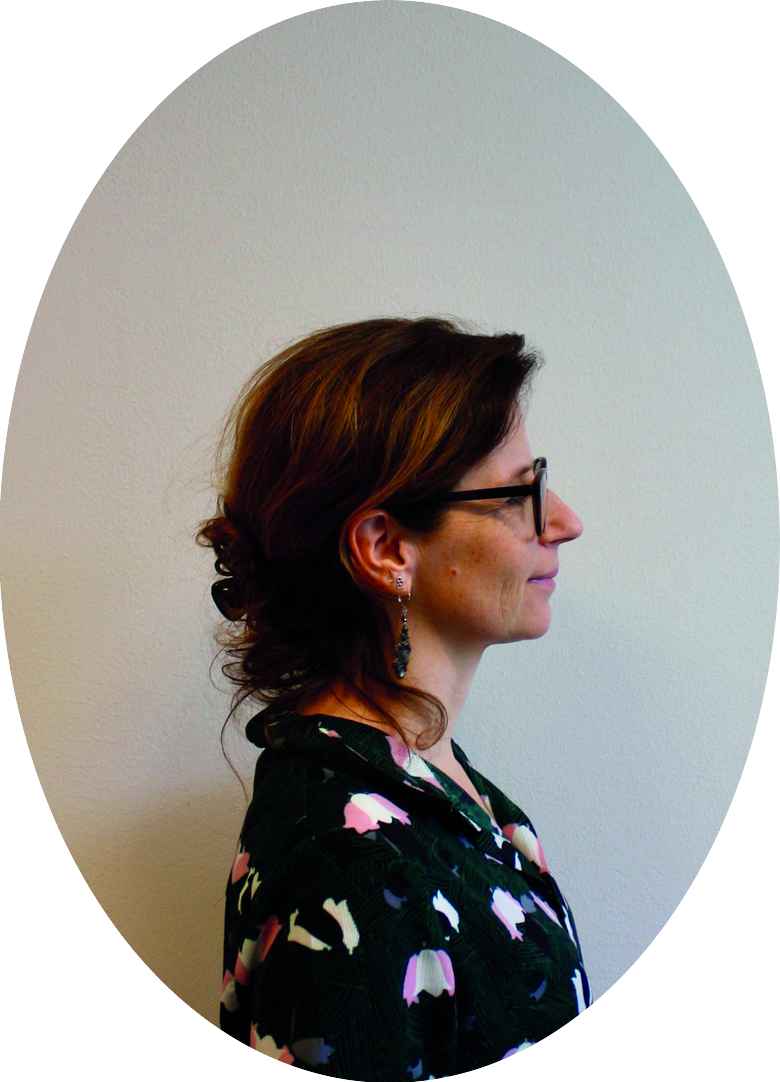
Hilde Geurts

Machteld van den Heuvel
Hilde Geurts’ (Brain & Cognition) question
Dear Machteld,
Your research focuses on how employees stay happy and healthy at work particularly when faced with change (including flexible work practices). This seems currently, due to the COVID-19 situation we are in, highly relevant for all of us. Now I know it is always hard to translate research findings to actual policies, but what is your advice for us. Which job-related resources are of importance to ensure that we stay happy and healthy regarding work?
Hilde
Machteld van den Heuvel’s (Work and Organizational Psychology) answer
Dear Hilde,
Thank you for your question. Ironically it has been lying on my remote desk much longer than anticipated! In my research I use various theoretical perspectives that may help us to deal with the current remote working situation. The first one is the Job demands-resources (JDR) theory. JDR research findings urge us to focus on job resources such as support, feedback and autonomy. Such factors help us to deal with the stressful aspects of work and stay engaged. The natural flow of contact with colleagues at the coffee machine is no longer existing. While it is crucial that leaders invest in regular contact with their employees, you yourself can also proactively contact your colleagues, not only for workrelated matters, but also to check-in / catch-up. Tip 1: Who will you call today, for help with something or just for a chat? These proactive actions are called ‘job crafting’ behaviors and we are wired to engage in them to enrich and personalize our work-lives and beyond. In using such small autonomous actions, we affirm our sense of freedom, and they can help fulfil our need for belonging and mastery. Ask yourself: what can I do today to build positive emotions into my work? For some, this could mean making time for a neglected task, something you find meaningful or fun, but haven’t spend time on due to a high workload. Tip 2: Schedule at least 1 hour to work on such a ‘happy-task’ this week. Ensure you block time for these important matters, no matter how full you inbox is. Based on positive psychology and the ‘broaden-and-build theory’, crafting actions do not necessarily have to be work-related. Positive emotions, regardless of where they originate from, help us to take a broader perspective, build personal resources and to open ourselves to more creative behavior. This brings us to a currently crucial area: balancing work with non-work activities and managing our time. Managing our energy and finding time to recover from work efforts is crucial (effort-recovery theory). A big health & well-being threat is this; most people work longer hours and walk / move less. Tip 3: take regular breaks, AND ensure you do not work during breaks. Put your phone / laptop away during breaks! We know that mindless social media scrolling does not add to your well-being. Go for walks, talk to strangers, do some stretches or practice mindfulness. At the start of the corona-crisis, many people took up new exercise regimes. How is yours now? Tip 4. Honor your moments of physical exercise, make them part of your daily routine (e.g. a 5-min walk before breakfast) and regard them as a necessary part of your work. Tip 5: write down a daily routine, when will you take these breaks? Give yourself cues or ‘nudges’ and ask your housemates or friends to give you these cues. Final tip from positive psychology: write down 3 things that you are grateful for or happy about, at the end of each day. You can also do this with your housemates over dinner or if you live alone, call a friend to share your ‘good things today’.
Machteld
Machteld van den Heuvel’s question is for Eftychia Stamkou (Social Psychology)
Dear Eftychia,
You study ‘the processes through which art transforms individuals and societies’. I wonder if you have any insights for us how art may help us during these lonely Covid-19 times, when many art forms have sadly been canceled or restricted? I personally find joy and comfort in making music and sculpturing. So more broadly, my question would be, do you have any scientific insights about how art may support our well-being and resilience during adversity?
Machteld

Hilde Geurts
Hilde Geurts’ (Brain & Cognition) question
Dear Machteld,
Your research focuses on how employees stay happy and healthy at work particularly when faced with change (including flexible work practices). This seems currently, due to the COVID-19 situation we are in, highly relevant for all of us. Now I know it is always hard to translate research findings to actual policies, but what is your advice for us. Which job-related resources are of importance to ensure that we stay happy and healthy regarding work?
Hilde

Machteld van den Heuvel
Machteld van den Heuvel’s (Work and Organizational Psychology) answer
Dear Hilde,
Thank you for your question. Ironically it has been lying on my remote desk much longer than anticipated! In my research I use various theoretical perspectives that may help us to deal with the current remote working situation. The first one is the Job demands-resources (JDR) theory. JDR research findings urge us to focus on job resources such as support, feedback and autonomy. Such factors help us to deal with the stressful aspects of work and stay engaged. The natural flow of contact with colleagues at the coffee machine is no longer existing. While it is crucial that leaders invest in regular contact with their employees, you yourself can also proactively contact your colleagues, not only for workrelated matters, but also to check-in / catch-up. Tip 1: Who will you call today, for help with something or just for a chat? These proactive actions are called ‘job crafting’ behaviors and we are wired to engage in them to enrich and personalize our work-lives and beyond. In using such small autonomous actions, we affirm our sense of freedom, and they can help fulfil our need for belonging and mastery. Ask yourself: what can I do today to build positive emotions into my work? For some, this could mean making time for a neglected task, something you find meaningful or fun, but haven’t spend time on due to a high workload. Tip 2: Schedule at least 1 hour to work on such a ‘happy-task’ this week. Ensure you block time for these important matters, no matter how full you inbox is. Based on positive psychology and the ‘broaden-and-build theory’, crafting actions do not necessarily have to be work-related. Positive emotions, regardless of where they originate from, help us to take a broader perspective, build personal resources and to open ourselves to more creative behavior. This brings us to a currently crucial area: balancing work with non-work activities and managing our time. Managing our energy and finding time to recover from work efforts is crucial (effort-recovery theory). A big health & well-being threat is this; most people work longer hours and walk / move less. Tip 3: take regular breaks, AND ensure you do not work during breaks. Put your phone / laptop away during breaks! We know that mindless social media scrolling does not add to your well-being. Go for walks, talk to strangers, do some stretches or practice mindfulness. At the start of the corona-crisis, many people took up new exercise regimes. How is yours now? Tip 4. Honor your moments of physical exercise, make them part of your daily routine (e.g. a 5-min walk before breakfast) and regard them as a necessary part of your work. Tip 5: write down a daily routine, when will you take these breaks? Give yourself cues or ‘nudges’ and ask your housemates or friends to give you these cues. Final tip from positive psychology: write down 3 things that you are grateful for or happy about, at the end of each day. You can also do this with your housemates over dinner or if you live alone, call a friend to share your ‘good things today’.
Machteld
Machteld van den Heuvel’s question is for Eftychia Stamkou (Social Psychology)
Dear Eftychia,
You study ‘the processes through which art transforms individuals and societies’. I wonder if you have any insights for us how art may help us during these lonely Covid-19 times, when many art forms have sadly been canceled or restricted? I personally find joy and comfort in making music and sculpturing. So more broadly, my question would be, do you have any scientific insights about how art may support our well-being and resilience during adversity?
Machteld

